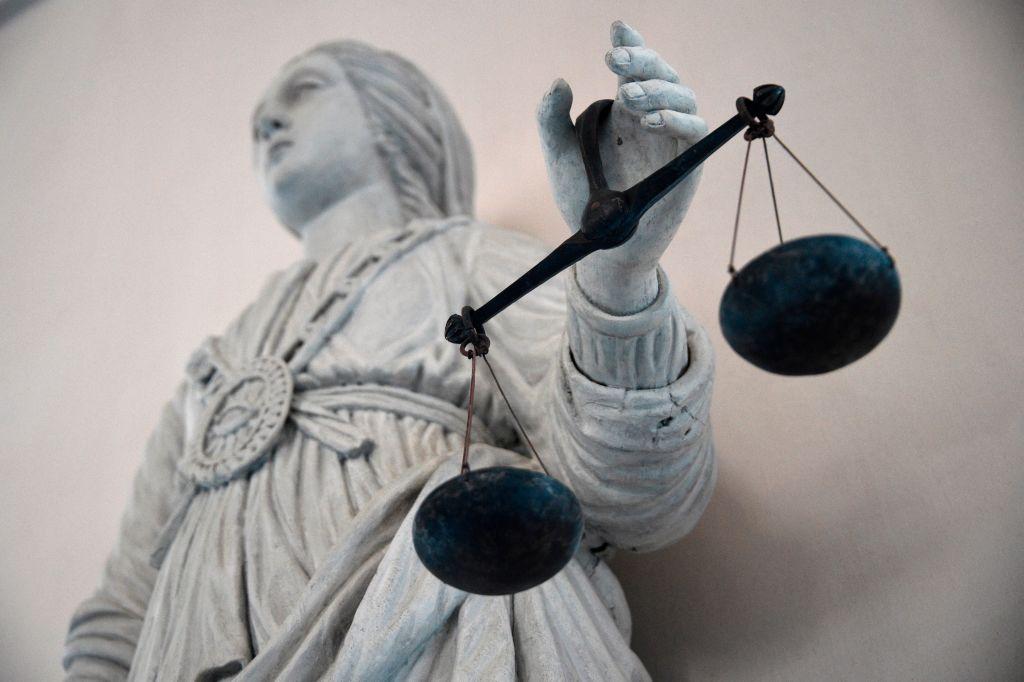The Saskatchewan government will be seeking a stay of proceedings and appealing a court decision that allows a lawsuit against its pronoun policy to continue, according to those behind the case.
An LGBT peer-to-peer support group, UR Pride, filed the lawsuit in August 2023, after the government announced a policy that would require schools to have parental consent before students under 16 years of age could change their names or pronouns.





